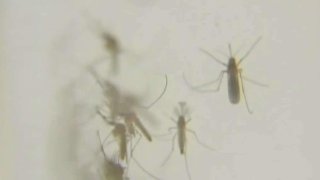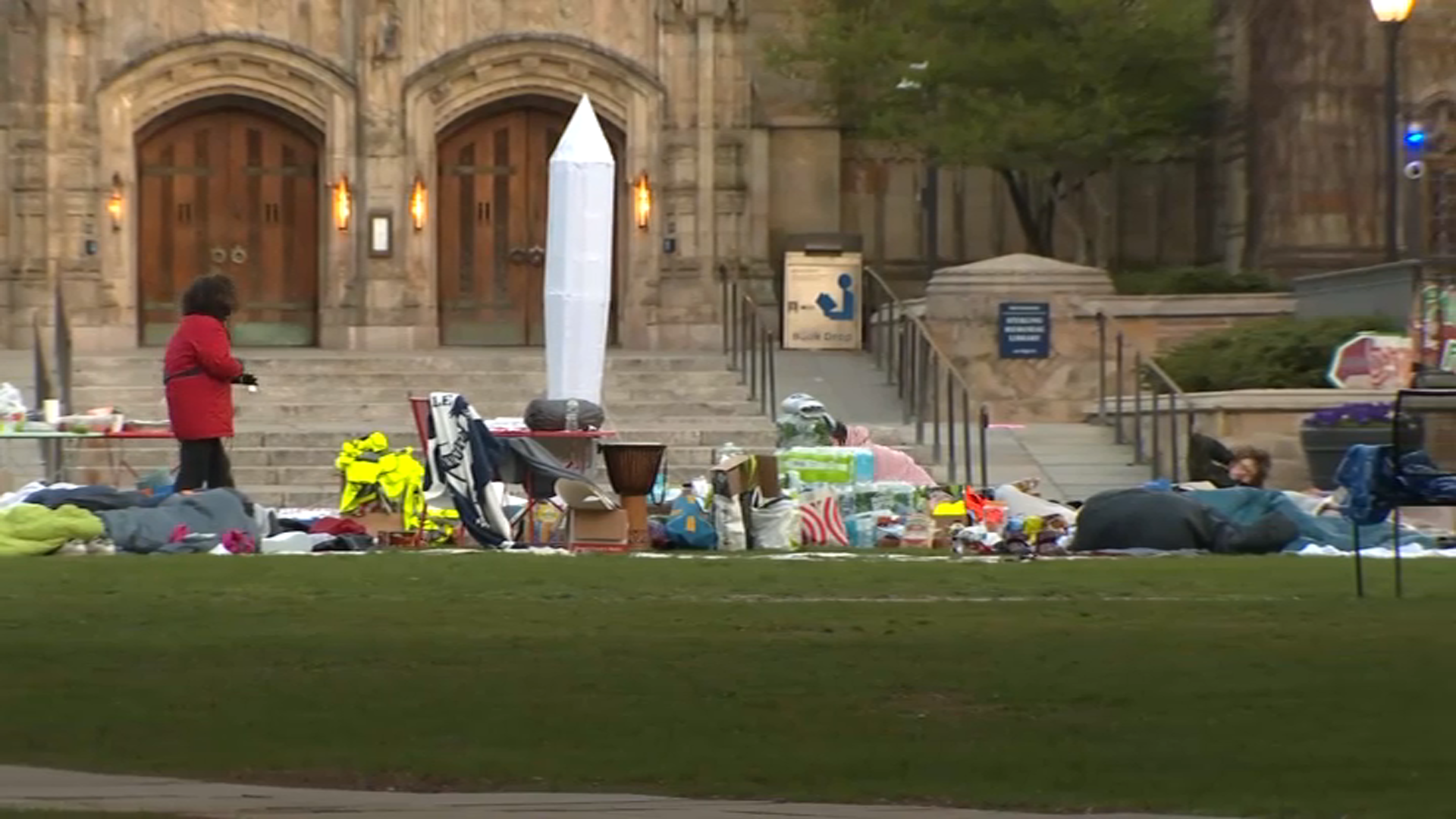
A Greenwich resident has tested positive for West Nile virus, marking the fourth case among people in Connecticut this year, health officials announced.
The health department said a woman in her 80s became sick at the end of August. She was hospitalized on Sept. 12 and her symptoms are actively improving, according to the state Department of Public Health.
“This case of human illness demonstrates that WNV can cause serious illness and whenever the virus is present, there is a potential for human infection. There will continue to be infected mosquitoes until the first frost so persons, particularly those older than 50 years of age, must take personal protection precautions to avoid mosquito bites when outdoors at any time of day, especially during twilight hours,” said Director of Health Caroline C. Baisley.
A third person also tested positive for the virus. A Litchfield County man in his 60s was admitted to the hospital on Aug. 28. He's still being treated, but his symptoms are improving, DPH officials said.
Get Connecticut local news, weather forecasts and entertainment stories to your inbox. Sign up for NBC Connecticut newsletters.
The first human case of West Nile virus in Connecticut this year was diagnosed on September 2. A second human case was detected in New Haven County in mid-September.
Officials said mosquitos in Greenwich have tested positive for West Nile virus this year. Nearly two dozen other towns also have reported mosquitoes carrying the virus.
West Nile virus is a mosquito-borne illness that has been detected in Connecticut every year since 1999, according to DPH.
Symptoms of the virus can include fever, body aches, joint pain, headache, or a rash. Some patients can develop serious illness affecting the central nervous system.
The health department said the Town of Greenwich is "conducting a preemptive larviciding program, which includes the treatment of public and private roadway catch basins, public schools ground catch basins and other property owned and operated by the town as needed."
“Controlling the mosquito population in the larval stage through the application of larvicide has been found to be a prudent action. Although this measure helps reduce the mosquito population, it certainly does not eliminate it. Residents are, therefore encouraged to protect themselves," Baisley said in a statement.
For information and resources on how to prevent mosquito bites, click here.



